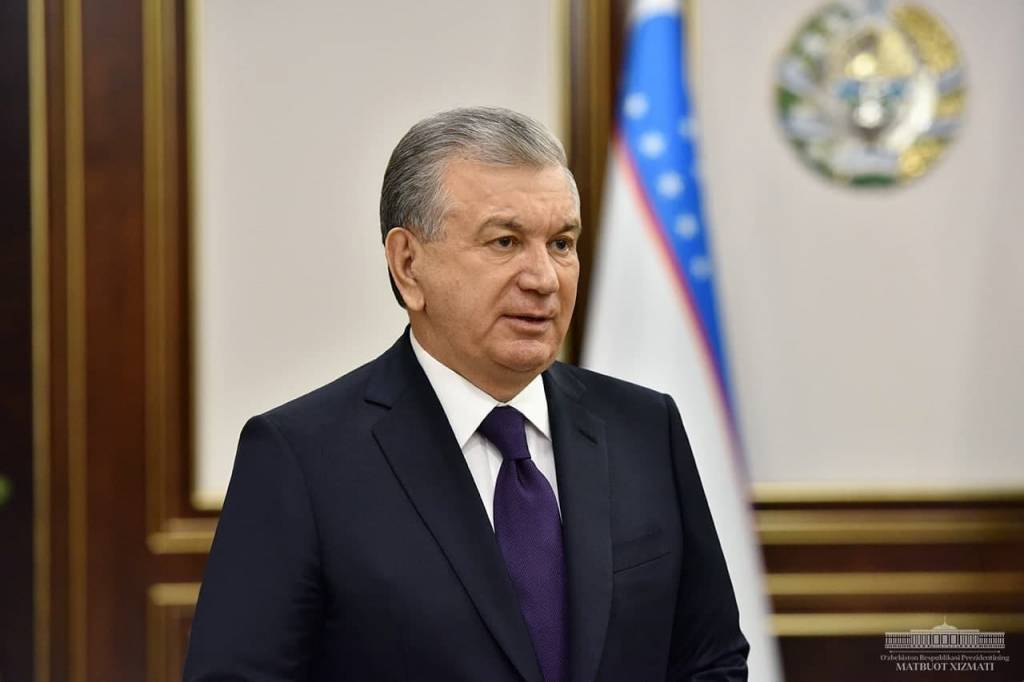
On 26 January, President Shavkat Mirziyoyev held a meeting on ensuring sustainable economic growth in 2021.
As is noted in the President’s Address to the Oliy Majlis, it is important to ensure that in 2021 the country’s economy grows at least 5 percent. However, the uncertainty in the global economy, which may be prolonged, requires finding and using additional reserves for economic growth.
In this regard, the President gave instructions to the leaders of all levels to study problems existing in mahallas in specific areas, to identify and develop their points of growth.
Measures in this direction and mechanisms for their implementation were discussed at the meeting.
First of all, as it was noted, it is necessary to lower the representatives of the economic complex to the level of mahalla and establish the interaction of all state bodies, creating a vertical system.
The Head of the state focused on the knowledge and responsibility of specialists who will be involved in this system. The importance of training more than 20 thousand employees and giving them all the authority to solve problems on the spot was noted.
The Public Administration Academy was charged with organizing training for mahalla chairmen and all employees who will participate in this system, as well as developing special programs and guidelines for this purpose.
The need for determining personal responsibility and accountability of each manager in this system, to create an electronic virtual platform that helps speed up decision-making and implementation, was emphasized.
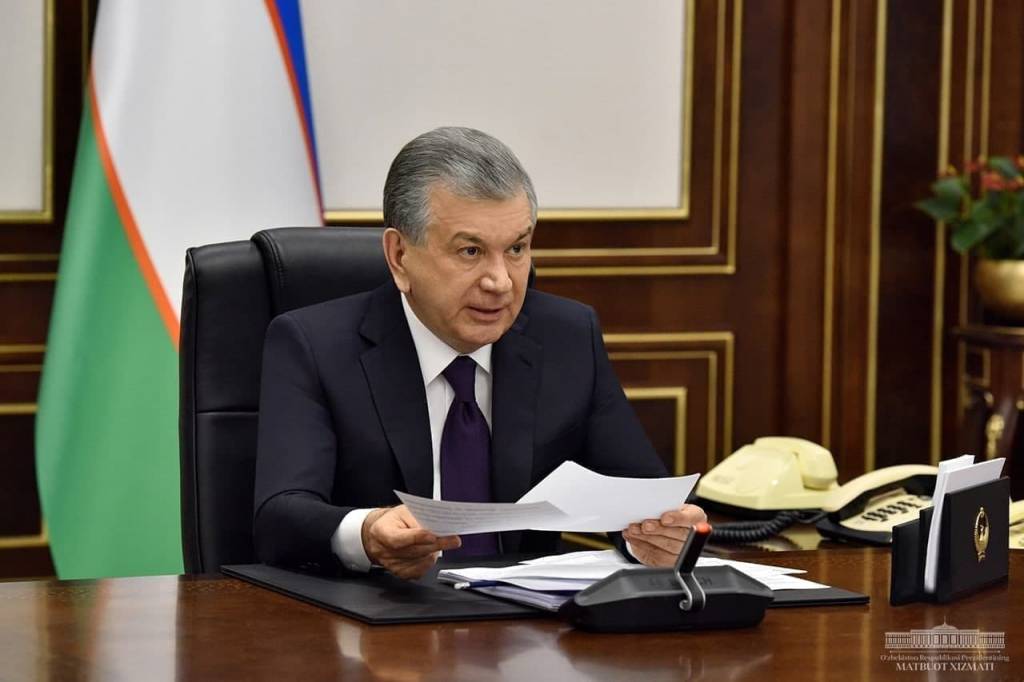
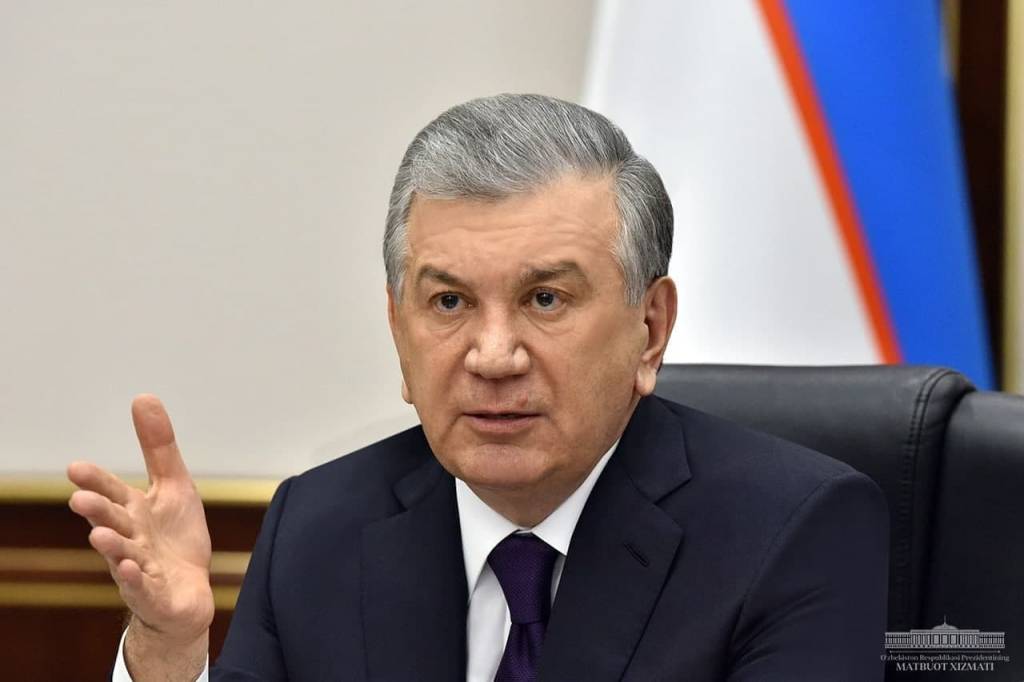

The President again touched upon the issue of reducing poverty, gave instructions on training the population in entrepreneurship and professions, and ensuring their employment.
The Ministry of Economic Development and Poverty Reduction leadership reported on additional sources of economic growth in 2021 by industry and region.
Measures to fully utilize these reserves, achieve additional economic growth, and ensure macroeconomic stability were considered at the meeting.
The issue of ensuring the sufficiency of basic food products and preventing factors that affect price increases was considered.
Additional reserves in the industrial sector were also identified. In particular, as it was noted, it is necessary to expand production chains in the chemical industry, metallurgy, mechanical and electrical engineering, pharmaceuticals, construction materials industry, textile, leather, and footwear production, which are considered the main drivers.
The tasks were set on the transformation of large state-owned enterprises, cost optimization, and management systems.
There are also many untapped opportunities in the service sector. The President noted the need for fully mobilizing them, increasing the number of service centers in the regions, and expand new types of modern services. It was determined that the program for the development of the service sector in 2021-2023 will widely involve young people.
The implementation of investment projects was also discussed at the meeting. The Investment Program for the current year provides for the allocation of 18 trillion UZS for almost 1,072 objects. The instruction was given to use these funds rationally, carefully study the project documentation and ensure high-quality construction.
Responsible officials provided information on the upcoming measures to orient the middle and lower levels of ministries and agencies of the economic complex to work in mahallas, to establish a system that is close to people.
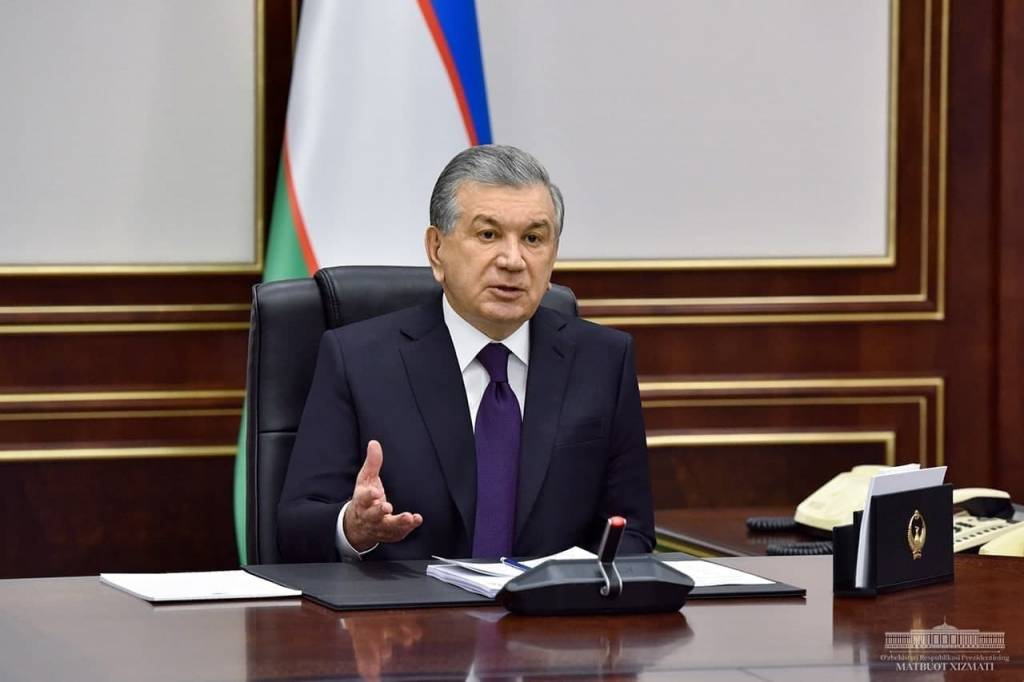

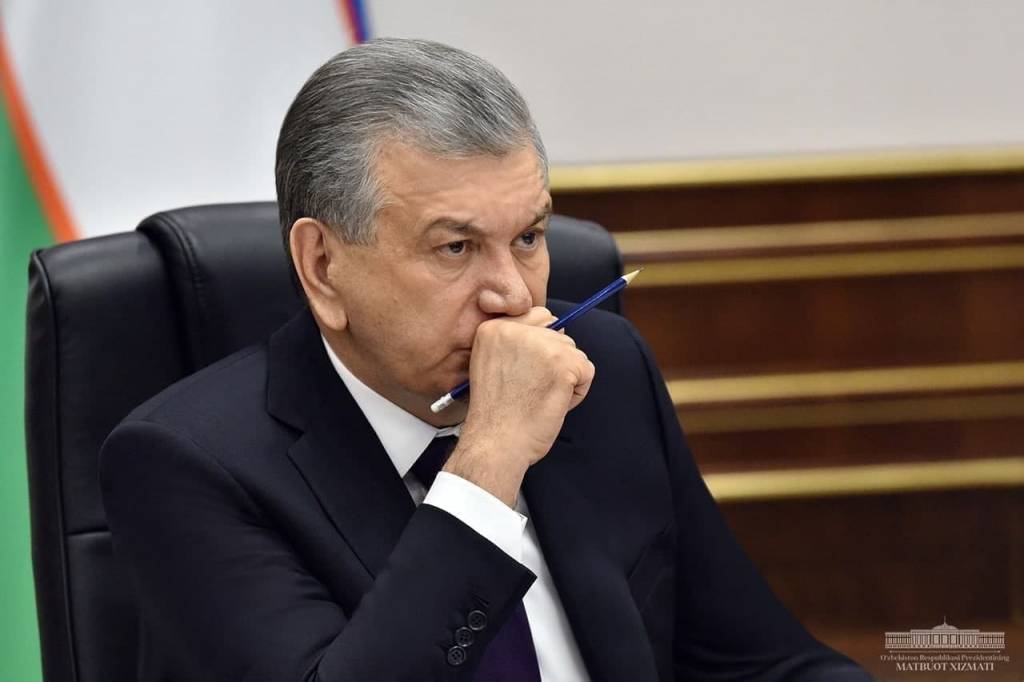
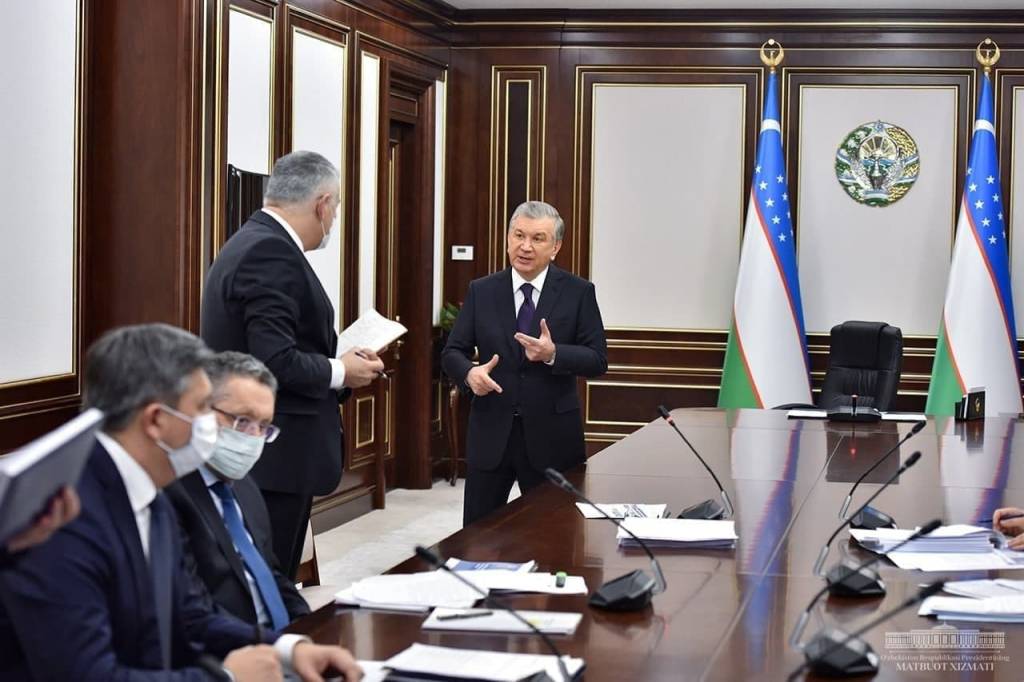

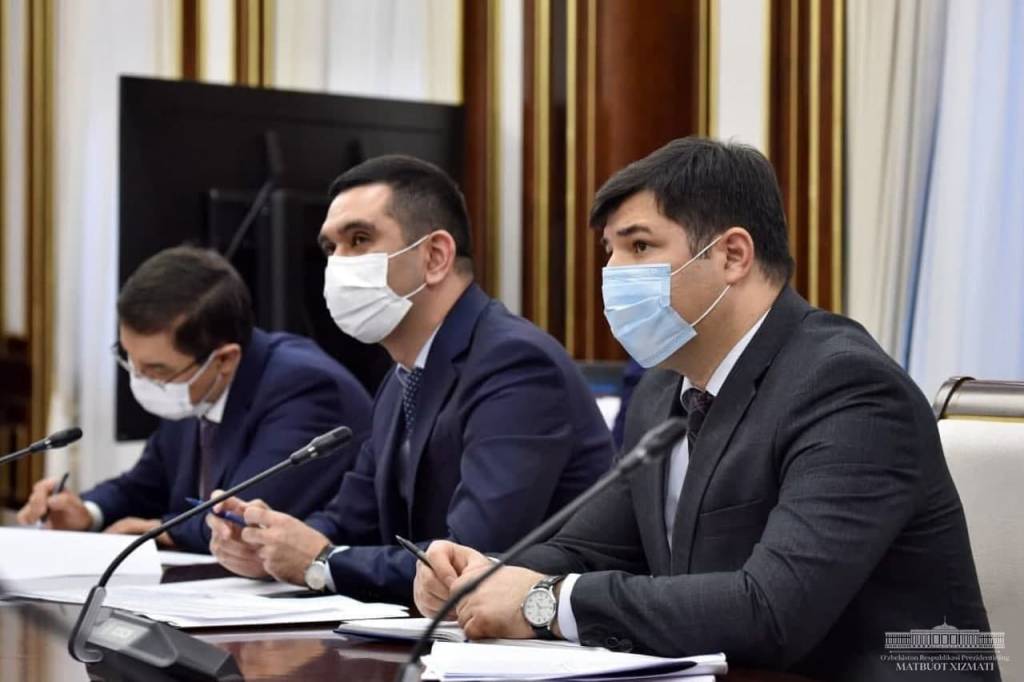
UzA








